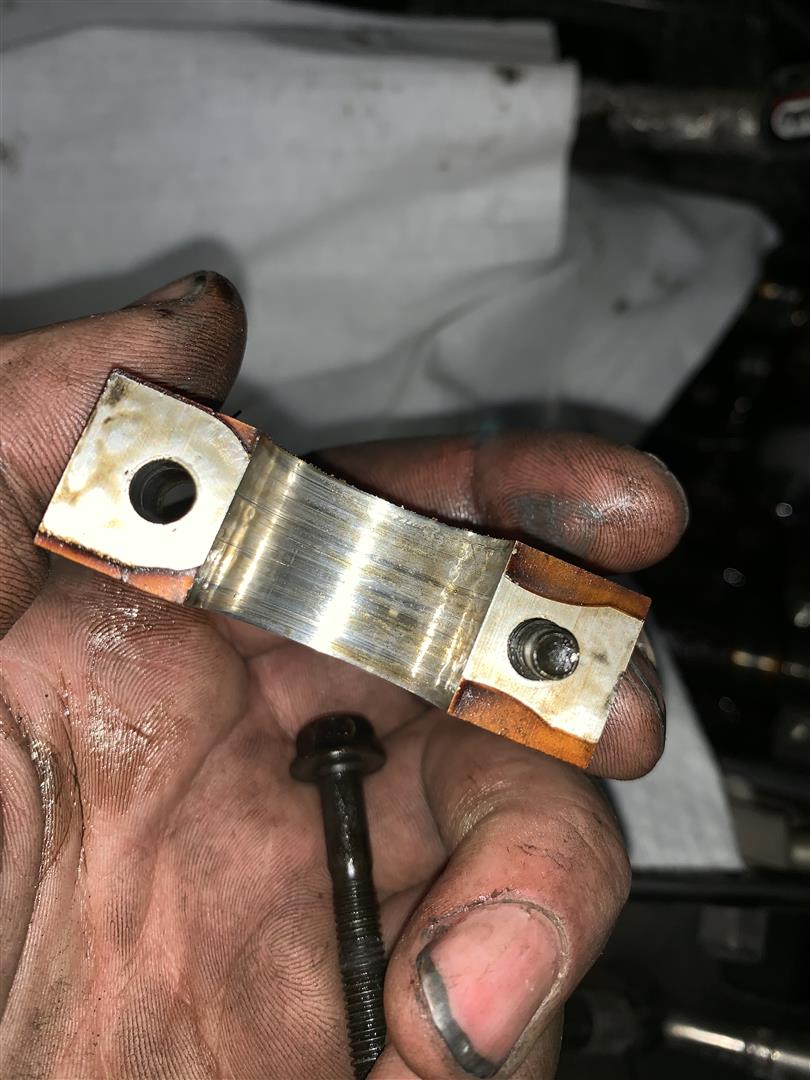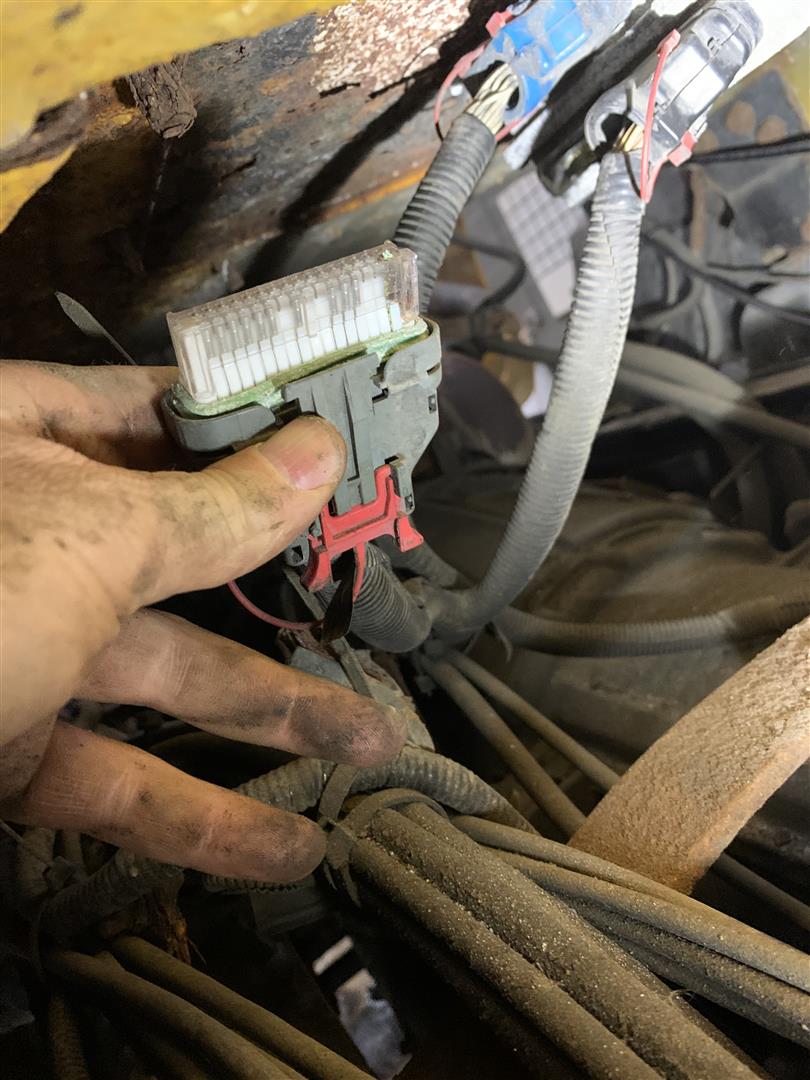Posted on 5/30/2023

BMW Loss Of Power When on Acceleration. A Significant Indication that something may be wrong with your car. One area to investigate is the throttle system, because a malfunctioning throttle position sensor, throttle body, or throttle linkage, can affect the engine's response. Insufficient fuel supply or improper fuel mixture can result in a loss of power during acceleration. What Causes BMW Turbo Problems? Turbo Problems in a BMW can have several causes, and they can vary depending on the specific model and engine type. Some common factors that can contribute to BMW turbocharger issues are Lack of proper maintenance, Oil quality and type, and/or Aggressive driving or improper engine warm-up. Others May Ask, Why Does My BMW Lose Power While Driving? If your BMW loses power while driving, potential reasons could involve a Faulty Ignition System, or Air Intake or Exhaust Restriction, or could even be Engine Sensor Malfunction. Faulty or incorrect data from sensors like th ... read more
Posted on 3/11/2023

Why Is An Oil Change So Important? This is a question we get asked. Late model vehicles have a lot of new engine technology that older vehicles don’t have such as Turbo Charged, Variable Valve Timing Variable Valve Lift and the list goes on. Also, many new vehicles have GDI engines which have a High-Pressure Fuel Pump that uses a lobe on the camshaft to run the pump. All these technologies rely on a quality Oil and Filter Change. The way you drive your vehicle and the driving conditions all have an effect on the life of the Oil. When oil get to the end of its life it will start breaking down its not able to lubricate the engine as well. If you don’t change your often enough (I recommend changing your oil every 5000 to 7500 miles) it can start accelerating the wear on the timing chains, cam lobes, also the bearings in Turbo if your Vehicle has one. All these repairs can be very expensive and many of these things can be prevented if you maintain your vehicle correctly. All of ... read more
Posted on 8/6/2022

Why Is My Allison Transmission In Limp Mode? Allison Transmission’s are one of the best automatic transmissions made. They are in the Chevy Duramax as well as many Medium and Heavy-Duty truck. If your Allison Transmission goes into to Limp Mode, this is the way the Allison TCM protects the Transmission. If Your Allison Transmission Overheats or starts slipping it will put it in Limp Mode to protect itself from self-destructing. Electrical faults such as Pressure Sensors or a Temperature Sensor that has failed and tells the Allison TCM it’s overheating when its not is another reason for Why Is My Allison Transmission In Limp Mode. What we find most times when a truck comes in and the Allison Transmission is in Limp Mode are wires that are rubbed through or the pins in the connector are corroded and need to be replaced. If you have a truck with an Allison Transmission that you are having problems with, give us a call. We have the Allison Doc Software that we use to diagnose t ... read more
Posted on 7/28/2022

How Often Should You Change Your Oil? There are many different answers for the question depending on who you ask How Often Should You Change Your Oil. If you are using a conventional non synthetic oil the recommendation is 3,000 miles. Later model cars with a full synthetic oil depending on how you drive and if you are doing a lot of short trips, I would recommend Changing Your Engine Oil as early as 5,000 miles and no more than 7500 miles. There are some manufacturers who are recommending oil changes at 10,000 miles up to 20,000 miles. I don’t recommend doing this, all oil breaks down over time as it does it will form deposits inside your engine and start plugging the small passageways that allow oil to flow to the Variable Valve Timing Phasers as well as the Variable Valve Lift mechanisms inside the engine. My recommendation is to change the engine oil more often and that will help your engine run cleaner and not build up with deposits inside the engine. Changing Your Engine Oi ... read more